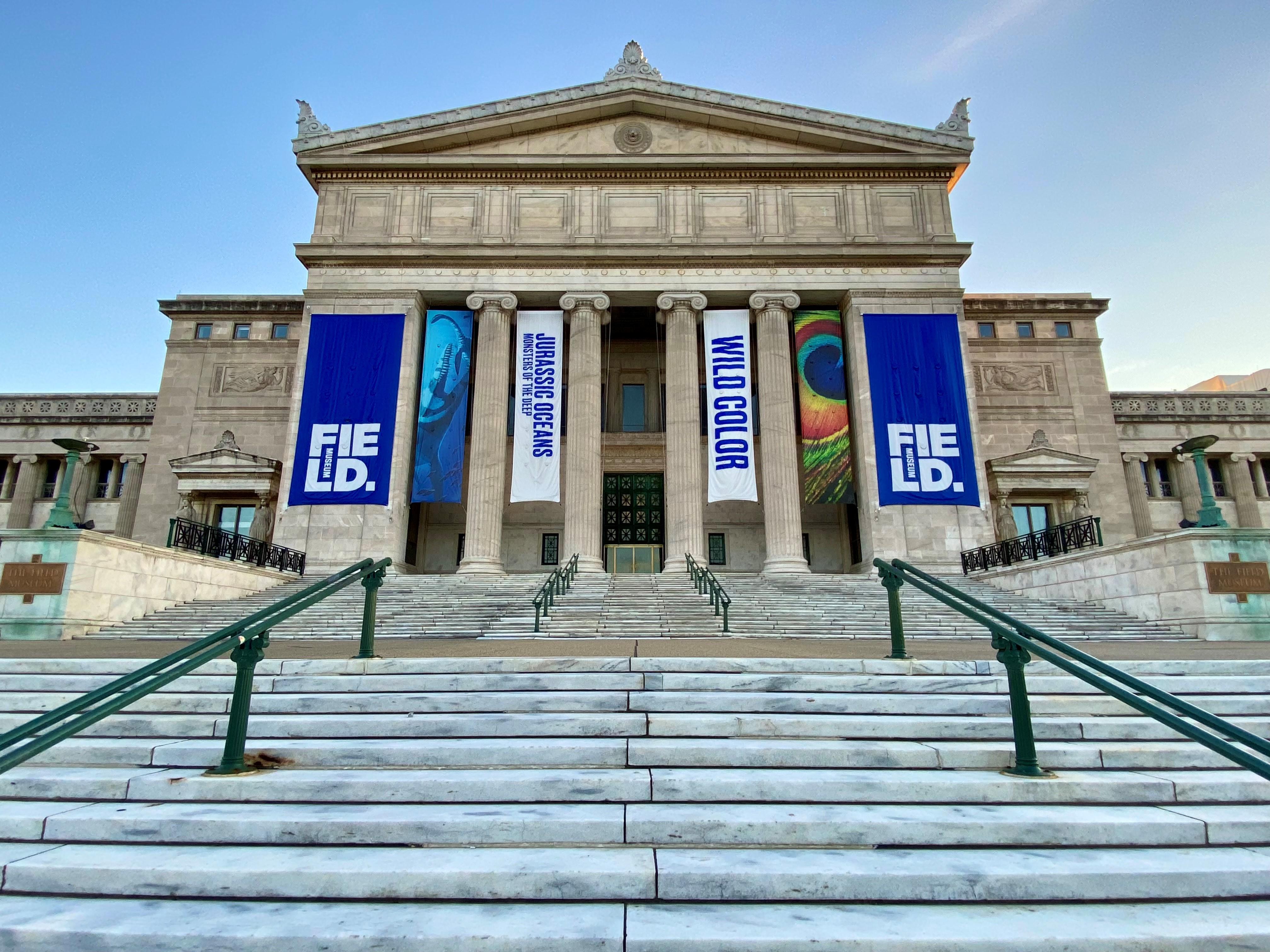After 12 years with the same state fire code, Illinois Fire Marshal Larry Matkaitis says it's time for an update.
And the one he's proposing is a big one: a first-ever requirement for fire sprinklers in all new single-family homes, including those built in Chicago.
"As far as I'm concerned, everyone in Illinois deserves safe housing," Matkaitis told NBC Chicago on Thursday. "Every state fire marshal in the country is trying to do the same thing that I am, for the same reason."
The new move will do nothing to soften what is already a testy relationship between Matkaitis and the City of Chicago. The city insists, under home rule authority, it doesn't have to follow the state fire code at all. The largest sticking point: the state's contention that legacy residential high-rises in Chicago must install fire sprinklers, which building owners and even the city contend would be prohibitively expensive.
Matkaitis has plenty of company. When six people died in a fire in the Cook County Administration Building in October of 2003, an investigative commission headed by former FEMA director James Lee Witt concluded a major contributing factor was Chicago's refusal to follow the state code on the fire sprinkler issue.
"The thing of it is, if we don't start today, then it will never get done," Witt said in his report.
It never was done. Nearly 10 years later, Chicago requires sprinklers only in new residential high-rises. Pre-1975 buildings are grandfathered and are not required to retrofit sprinkler systems.
Local
"The statute applies all over the State of Illinois, whether it's Chicago or Cairo," Matkaitis said. "I want cooperation from everybody to save lives and property. Remember that. Save lives and property. That's the only thing that I do."
The current code, known as NFPA 101, dates to 2000. It was written by the National Fire Protection Association, as was the new 2012 version, which Matkaitis will submit for state adoption on Friday.
"There's no question that residential high-rises should have sprinklers," says NFPA President James Shannon. "Where sprinklers are involved, the chance that somebody's going to die in a fire in one of those buildings goes down dramatically."
But Chicago wants no part of it. Building owners say retrofit of older buildings would cost millions. Condo boards balk at the expense. And after the County Building fire, amid calls for tough sprinkler ordinances, the City Council punted, requiring instead that building owners only submit so-called Life Safety Evaluations of various fire parameters.
Even the deadlines in that ordinance have been repeatedly extended, and the city's ability to levy fines has been largely ignored.
"The City of Chicago's position is that our life safety code is equal to, or greater than the state's adopted fire code," said Fire Commissioner Jose Santiago. "These codes that they're coming up with, are they reasonable and are they necessary? At this time, we find them not necessary."
Santiago insists even with the lack of sprinkler requirements, Chicago's Life Safety Evaluations hold building owners to a tough standard.
"There's a lot of things," he said. "Smoke detectors, two way communications, automatic door locking. You go through a series of points and that gets you up to speed. And then we will go ahead and say if you are within our code, if you pass, yes or no."
Matkaitis calls the Chicago code deficient to NFPA 101, and he insists the city is on legal quicksand when it claims home rule authority to ignore the state law.
"The fire investigations statute which was written in 1909 specifically wrote out home rule," he said. "Home rule doesn't apply."
Reminded that Chicago insists that it does, Matkaitis bristled.
"They can say so, but there have been three court cases that say otherwise," he said.
Still, Matkaitis says his office has no authority to force compliance. Instead, he writes citations on fire buildings when inspectors discover they have no sprinklers. And many of those buildings insist they don't have to follow the state's code because of Chicago's less-restrictive ordinance.
The Fire Marshal said it would be up to Attorney General Lisa Madigan to try forcing the issue with the city. A spokesman for Madigan said Thursday they were unaware of the controversy, but if Matkaitis wanted to raise it with them they would examine the issues.
Matkaitis, of course, serves under Gov. Pat Quinn. Madigan is contemplating a challenge to Quinn in the upcoming Democratic primary.
Ironically, amid the debate, NFPA was holding its annual convention this week at Chicago's sprawling McCormick Place, a previous incarnation of which burned to the ground in a spectacular extra-alarm fire in 1967. The building lacked automatic fire sprinklers.
At the convention Thursday, Shannon, the NFPA President, said his organization's codes are written by hundreds of fire professionals from around the country. And he called deaths in non-sprinklered buildings "needless."
"Chicago should be the leader on this," he said. "This is probably the greatest architectural city in America. These are great buildings. They should be protected. But more importantly, the people who live in them should be protected."



